
— May 27, 2025
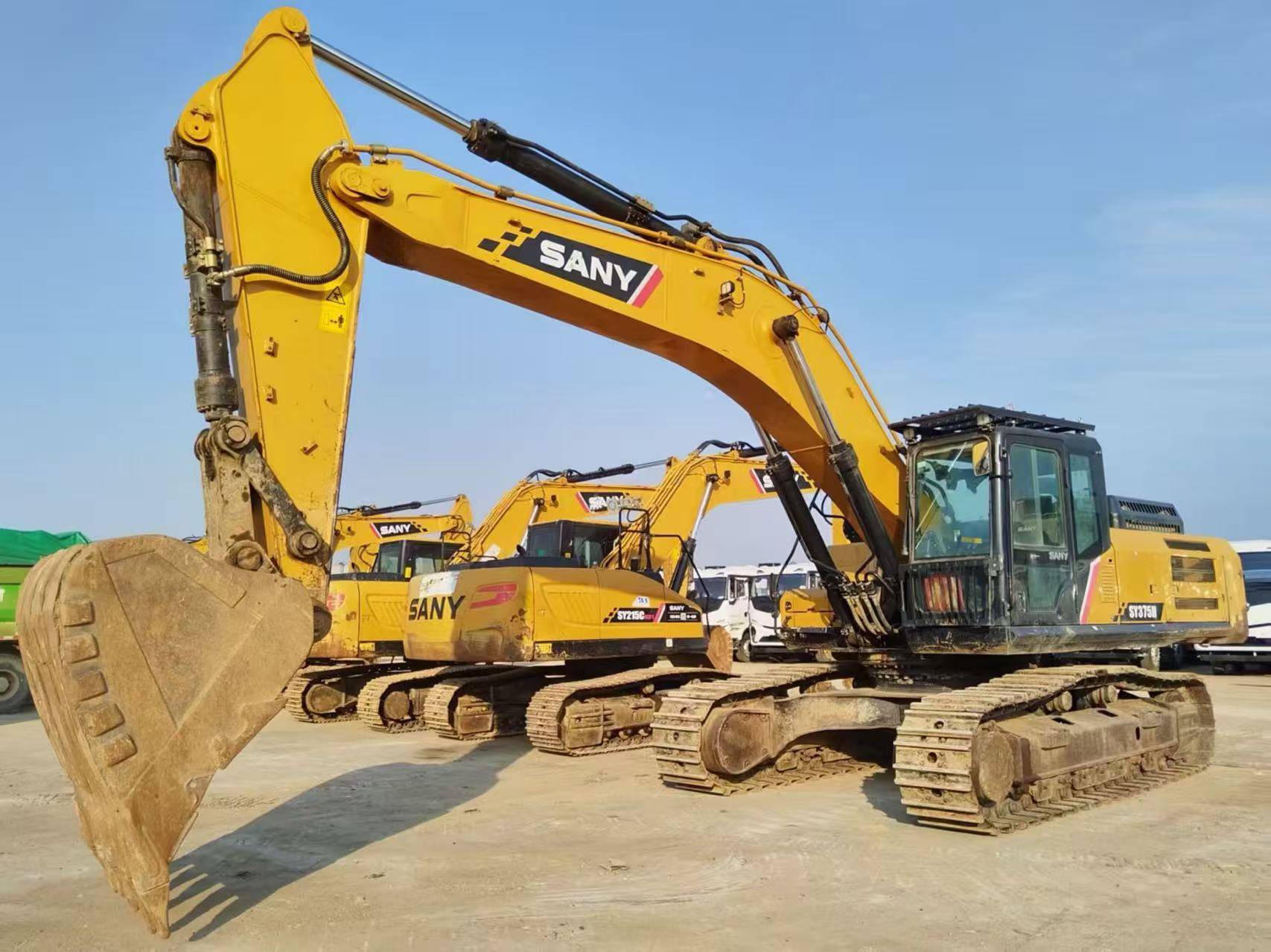
Excavators are a major workhorse at construction sites and in the landscaping industry. Just as an excavator can make a solid investment for any construction company, buying an excavator for your equipment rental business can provide a solid rate of return.
How much does an excavator cost, exactly? The answer depends on a number of factors. Here’s what you can expect when you’re in the market for an excavator.
The cost of excavator equipment depends on several factors, such as:
As you might expect, some machines are pricier than others.
Different brands can also represent greater levels of value. If you’re purchasing an excavator for your equipment rental business, a brand name can give you greater credibility but may increase the cost of purchase and maintenance.
How much is an excavator when buying brand-new? The price range can be anywhere from $100,000 to $500,000, depending on the aforementioned factors.
Some of the most popular brands (such as John Deere, Komatsu, and Caterpillar) can run to the higher end of the price spectrum, though they offer superior quality and value compared to other manufacturers.
The least expensive excavators are mini-excavators. Brand-new, these machines start at around $75,000. Used models can cost around $50,000 or even less. Full-sized excavators tend to be much more expensive, though used models will always offer a more affordable option.
A new excavator from the factory can cost anywhere from $80,000 to $500,000. The final price is dictated by factors like the brand, model, size, and specific features of the machinery itself. For instance, extra buckets and attachments can easily add between $5,000 and $10,000 to the final cost.
When purchasing a new excavator, size is one of the most significant factors affecting price. Here’s a breakdown of what you can expect to pay based on the size category:
For rental fleet operators, mid-size excavators (15-20 tons) often represent the sweet spot for rental profitability due to their versatility and wide appeal to contractors.
Several factors can significantly impact the final price of a new excavator:
For rental businesses, investing in versatile attachments can increase both rental rates and utilization rates, improving your return on investment.
How much are excavators when you buy used? Used excavators typically sell for about 25% of the original price, which naturally makes these an affordable option for certain types of operators and business owners.
With such a steep discount, what are the advantages of buying a new excavator? Generally, a brand-new machine will offer benefits like:
However, there are also some disadvantages to buying a new model, such as:
The main advantage of a used excavator is the money you’ll save, which can be a good option for users who only need an excavator for a short period. The flip side is that used excavators often require more frequent service, and depending on the age and condition of the machine itself, they may not perform at the same level as newer models.
Professional rental companies might consider investing in a new excavator, as this will ensure the longest lifespan of the equipment itself and guarantee a higher rate of return. The added cost might even be factored into the price of the rental agreement, allowing you to balance the performance of a new machine with the added costs of a brand-new model.
Used excavators offer a significant cost advantage for both contractors and rental fleet operators. Generally, you can expect to pay anywhere from 40-70% of the original price depending on the age, condition, and usage hours of the machine.
Here’s what you can expect to pay for used excavators in different size categories:
When evaluating used excavators for your rental fleet, machines with 2,000-4,000 hours typically offer the best balance of value and remaining useful life.
Several key factors can significantly impact the price of a used excavator:
For rental businesses, machines with 3-5 years of age often present the optimal balance between acquisition cost and remaining rental life.
Medium excavators, ranging from 11 to 25 tons, represent an important category for both construction companies and rental businesses. These versatile machines handle a wide variety of applications, from foundation work to utility installation.
New medium excavators typically range from $190,000 to $300,000 depending on the manufacturer, features, and exact size within the category. Premium brands like Caterpillar and Komatsu tend to command prices at the higher end of this range, while brands like Hyundai and Kubota may offer more competitive pricing.
Mid-tier models around 15-20 tons (such as the Cat 320 or Komatsu PC210) are particularly popular in rental fleets due to their versatility and broad appeal to contractors.
Used medium excavators typically sell for:
For rental businesses, machines in the 4-7 year range often provide the best balance between acquisition cost and remaining rental life, particularly if they have been well-maintained and have under 5,000 hours.
When selecting medium excavators for a rental fleet, pay special attention to:
Medium excavators typically generate rental returns of 2-3% of their purchase price per week, making them among the most profitable items in many rental fleets.
Standard-sized and large excavators can weigh anywhere from ten to 45 tons. Brand-new, these machines cost between $200,000 and $600,000, on average, while used models can run as low as $50,000.
This is where the brand can make a dramatic difference. A new Caterpillar or Komatsu machine will likely be priced higher than competitors’ models, though they also offer advanced features to add value to their products.
For new large excavators in the 25-45 ton range, expect to pay:
Features like advanced hydraulics, GPS grading systems, and specialized boom configurations can add $50,000 or more to these base prices.
Used large excavators typically sell for:
For rental businesses, large excavators represent significant investments but can command premium rental rates. Operators should carefully assess local market demand before adding these machines to their fleets.
Compact or mini-excavators typically weigh less than six tons. A mini-excavator can be slightly larger but generally won’t exceed ten tons. Small excavators often start at around $75,000 for a new model. Used mini-excavators can be considerably cheaper — it’s not unusual to see used excavators for sale in the $10,000-$20,000 range, depending on brand and condition.
For new small excavators in the 6-10 ton range, expect to pay:
Popular models in this category include the Caterpillar 308, Komatsu PC88, and Kubota KX080, which typically range from $130,000 to $170,000 depending on options.
Used small excavators typically sell for:
For rental businesses, small excavators offer excellent versatility and are popular with residential contractors and utility companies. They typically provide rental returns of 1.5-2% of their purchase price per week.
Mini excavators, weighing between 1 and 6 tons, have become increasingly popular for both contractors and rental businesses due to their versatility, maneuverability, and lower transportation costs.
New mini excavators typically range from $30,000 to $110,000 depending on the size, brand, and features:
Premium brands like Takeuchi and Caterpillar tend to command 10-15% higher prices than more budget-friendly options like Yanmar or Kubota.
Used mini excavators typically sell for:
Mini excavators often retain their value better than larger machines due to their broad appeal and versatility.
Mini excavators offer several advantages for rental businesses:
Mini excavators typically generate rental returns of 1-2% of their purchase price per week, with higher-than-average utilization rates making them extremely profitable additions to rental fleets.
When evaluating the total cost of ownership for excavators in your rental fleet, it’s essential to look beyond the initial purchase price. Operational costs can significantly impact your profitability over the machine’s lifetime.
Fuel costs typically represent 30-40% of an excavator’s operating expenses:
At current diesel prices, this translates to approximately $6-$75 per hour in fuel costs depending on the machine size.
Regular maintenance is crucial for maximizing the lifespan and rental productivity of your excavators:
For rental businesses, implementing a proactive maintenance program typically reduces downtime by 30-40% compared to reactive maintenance approaches.
Insurance for excavators in rental fleets typically costs 1-2% of the machine’s value annually. Coverage typically includes:
Many rental businesses also offer damage waiver options to customers, which can become an additional revenue stream while reducing insurance claims.
Moving excavators between job sites represents a significant operational cost:
For rental businesses, offering delivery services can be both a valuable revenue stream and a competitive advantage. Many rental companies charge 1-2% of the machine’s value for delivery and pickup.
Storing excavators requires significant space:
For rental operations in urban areas with high real estate costs, compact machines offer significant advantages in terms of storage efficiency.
Excavators typically depreciate at the following rates:
Understanding these depreciation curves is crucial for timing fleet rotations and maximizing the return on your investment.
Rental rates for excavators vary based on size, features, region, and rental duration. Understanding market rates is crucial whether you’re renting out excavators or considering whether to rent or buy for your own projects.
Based on Quipli’s rental market data from over 500 rental companies nationwide, here are the average daily rental rates by excavator size:
Weekly rates typically offer a 20-30% discount compared to daily rates:
Monthly rates usually provide a 40-50% discount compared to daily rates:
Several factors can influence excavator rental rates:
For rental business operators, monitoring utilization rates alongside pricing is crucial. The industry benchmark for healthy utilization is 60-70% for excavators, and pricing strategies should be adjusted seasonally to maintain this target.
Choosing the right excavator is an important decision. If you’re an equipment operator, you’ll want to select a model that has the features you need for the type of work you do, whether it’s construction, landscaping, or other projects. Likewise, equipment rental companies should invest in tools that offer versatility and value, ensuring a high rate of return.
For rental businesses specifically, consider these additional factors:
By carefully evaluating these factors alongside the pricing information provided in this guide, you’ll be well-positioned to make informed excavator purchasing decisions that maximize your return on investment.
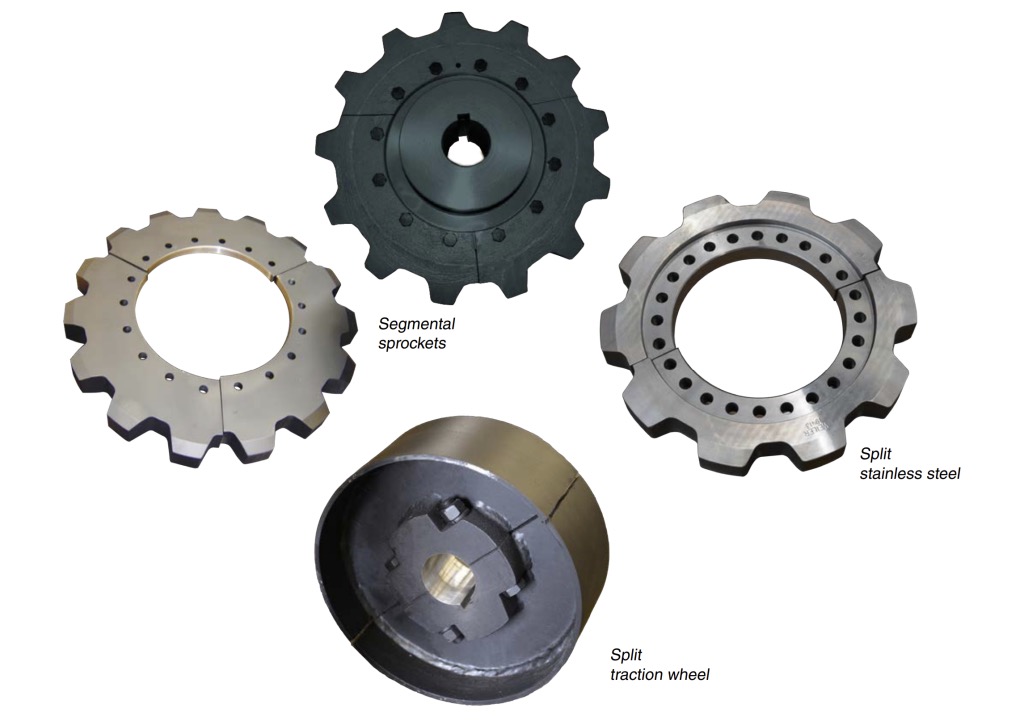
A guide to sprockets in construction equipment: types, functions, maintenance, and more
December 3, 2025
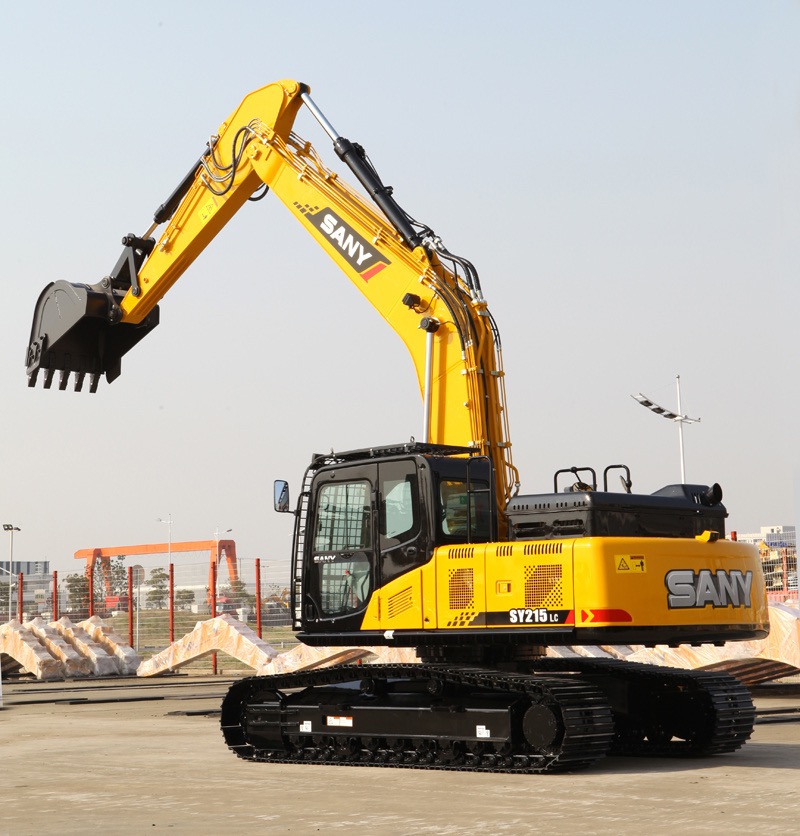
Key components of an excavator arm and how to maintain them
December 3, 2025
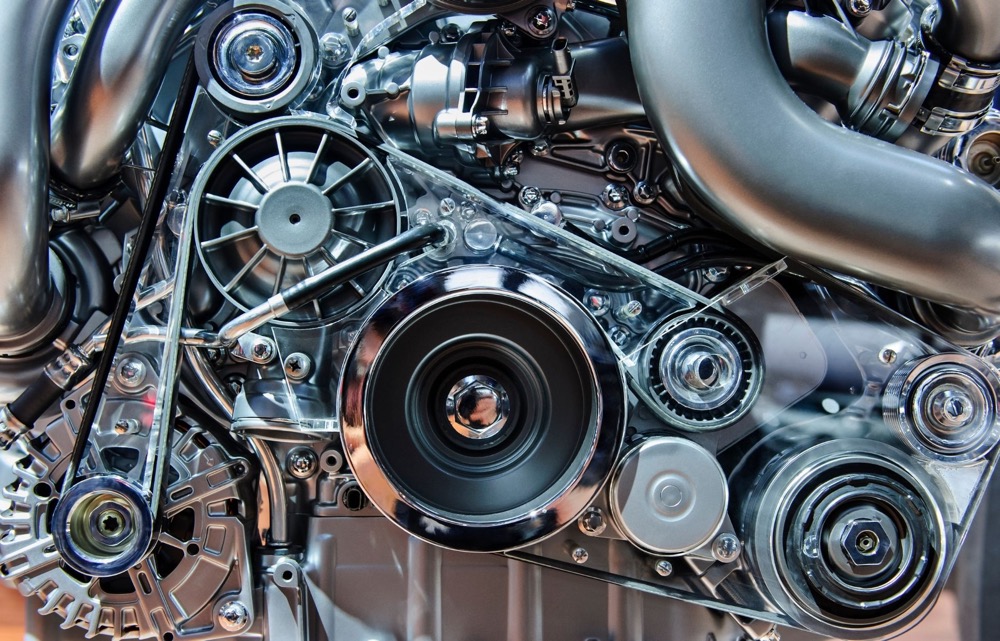
Final drive maintenance tips: preventing issues before it’s too late
December 2, 2025
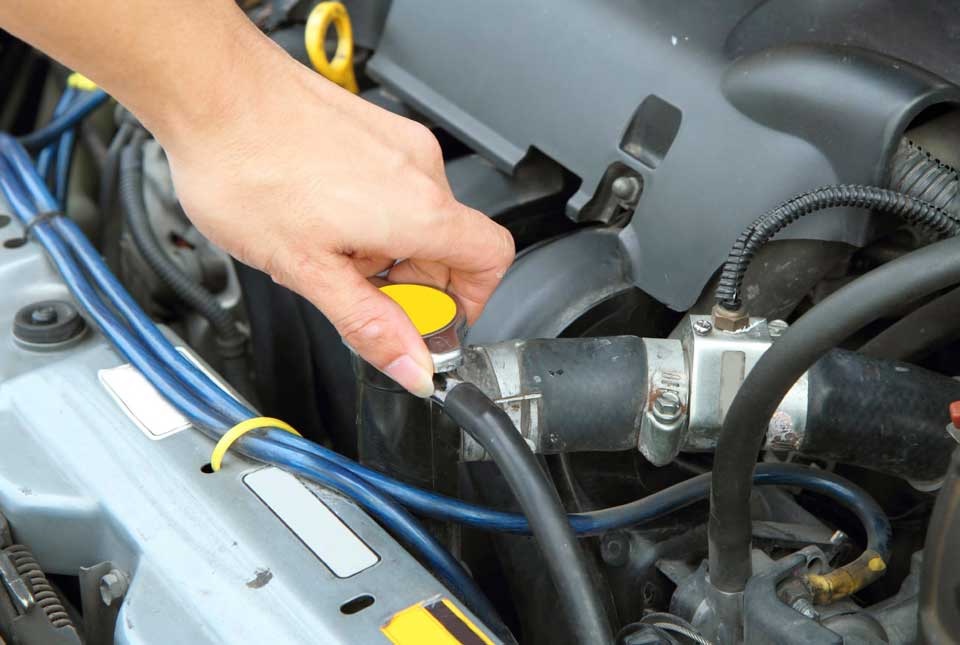
Engine cooling system maintenance for heavy equipment 101
December 2, 2025